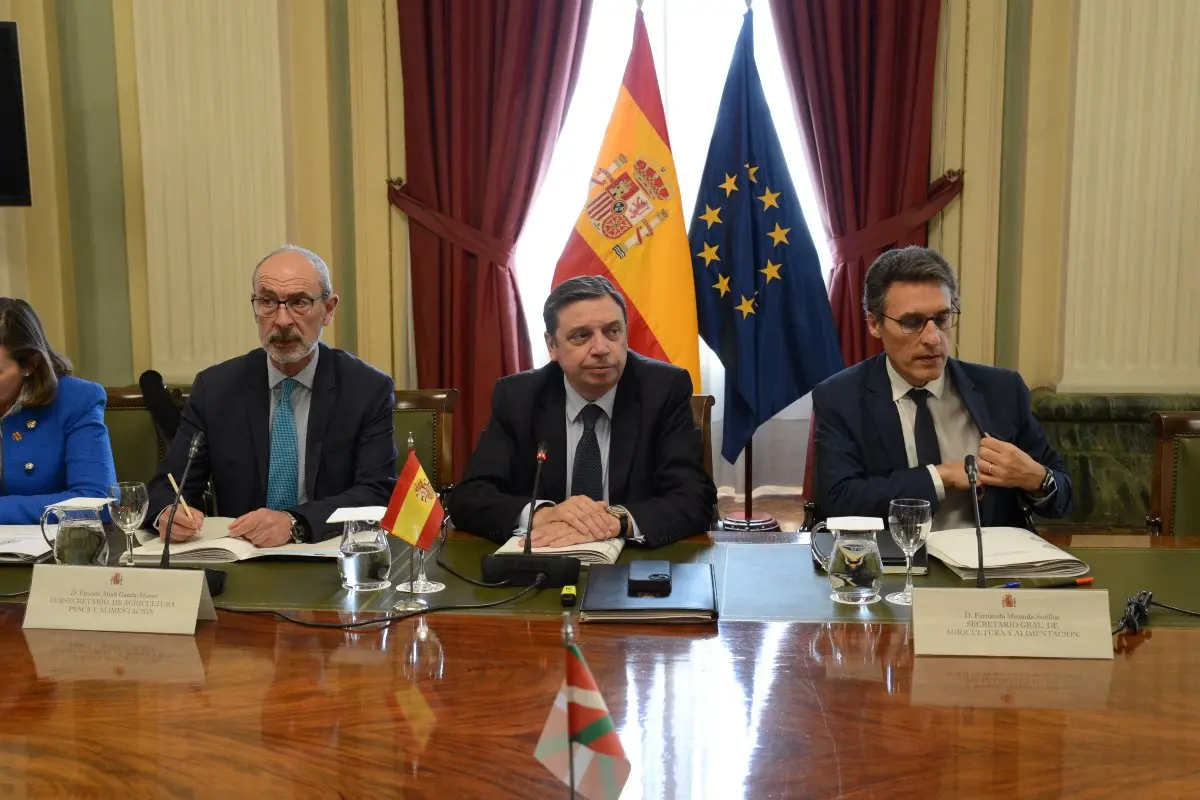
Do you want to access to this and other private contents?
Log in if you are a subscriber or click here to request service
Spanish semester: genomic techniques on the agenda
The next rotating presidency of the EU is aiming for an agreement to revise the regulation for PGIs

There are three months to go until the Spanish presidency of the European Union (July 1st – December 31st 2023). An important semester, as it will be the last to end before the next European elections, scheduled for May or June 2024. Speaking yesterday in Madrid to the regional councilors meeting in the Advisory Council for agricultural and fisheries policies, the Minister of Agriculture, fisheries a...
lml - 30848
EFA News - European Food Agency
◄ Previous page
EFA News - European Food Agency